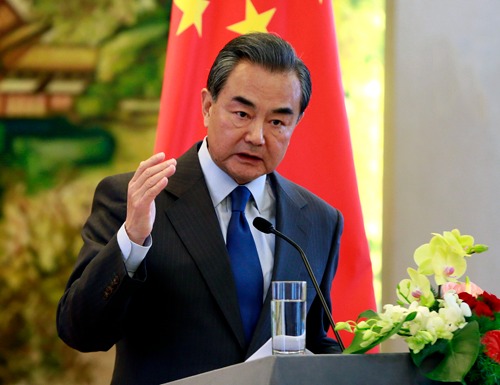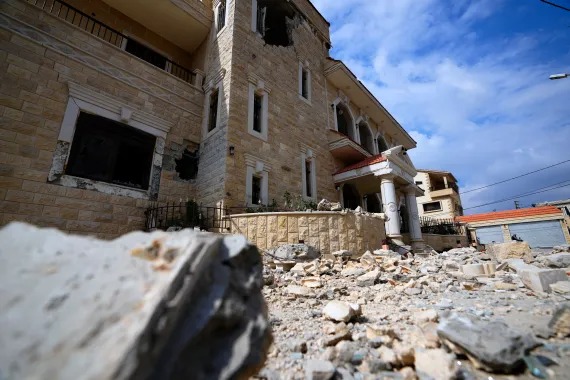In a somber acknowledgment of the ongoing tragedy in the Middle East, Chinese diplomat Wang Yi emphasized the pressing need for resuming genuine peace talks as the key to solving the enduring Palestinian question. The Palestine-Israel conflict, which has once again ignited in an extremely tragic manner, underscores the urgency of addressing this longstanding issue and realizing the legitimate rights of the Palestinian people. Wang Yi’s statement came during a pivotal conversation with Celso Luiz Nunes Amorim, the chief advisor of the Presidency of Brazil, where the two leaders discussed the escalating conflict and ways to restore peace.
Wang Yi Highlights the Crucial Role of Peace Talks
Wang Yi, a member of the Political Bureau of the Communist Party of China Central Committee and director of the Office of the Central Commission for Foreign Affairs, stressed that the Palestinian issue represents the heart of the broader Middle East problem. He pointed out that the fundamental problem lies in the injustice suffered by the Palestinian people. By highlighting the importance of justice and peaceful dialogue, Wang Yi made it clear that peace talks are the ultimate solution to the ongoing conflict.
China’s Stance on the Conflict
China, a staunch supporter of peace and stability in the region, expressed deep sorrow over the escalating tension between Palestine and Israel, which has led to a distressing number of civilian casualties. The Chinese government firmly opposes actions that harm civilians and condemns any violations of international law. Wang Yi called on all parties involved to exercise restraint and de-escalate regional tensions, emphasizing the critical need to prevent the further expansion of the conflict. China’s top priority is to ensure the safety of civilians and open corridors for aid, with the goal of averting a severe humanitarian crisis in Gaza.
The Road to Resolution and International Cooperation
Wang Yi proposed a two-pronged strategy to address the ongoing crisis. Firstly, he called for the convening of an authoritative and influential international peace conference at the earliest opportunity. Such a conference, he argued, would galvanize the international community to rally behind a broader consensus, anchored in the “two-state solution.” This approach would also necessitate the formulation of a clear timetable and road map for peace. Secondly, Wang Yi underlined the pivotal role of the United Nations in addressing the Palestinian question, urging the organization to fulfill its responsibilities. He called for the Security Council to convene an emergency meeting specifically focused on humanitarian concerns and to take decisive measures, including a ceasefire, an end to violence, protection of civilians, and the formation of a binding international consensus.
Wang Yi reaffirmed China’s commitment to maintaining communication, coordination, and close cooperation with Brazil and other relevant parties to work towards a peaceful resolution. In response, Amorim, as the rotating president of the UN Security Council for October, announced Brazil’s intention to host an emergency Security Council meeting to address the Palestinian-Israeli conflict. He cited President Luiz Inacio Lula da Silva’s open letter, which called on Israel to halt its air strikes and protect children. Amorim expressed Brazil’s readiness to collaborate closely with China in efforts to de-escalate the situation and underscored the shared belief that the resumption of peace talks is the key to resolving the conflict.
In conclusion, the international community’s response to the Palestine-Israel conflict is growing stronger as China and Brazil join forces in advocating for the immediate resumption of peace talks. The urgent call for peace is rooted in a profound understanding that only through dialogue and a comprehensive approach can the longstanding Palestinian question be resolved, ensuring the legitimate rights of the Palestinian people.
















